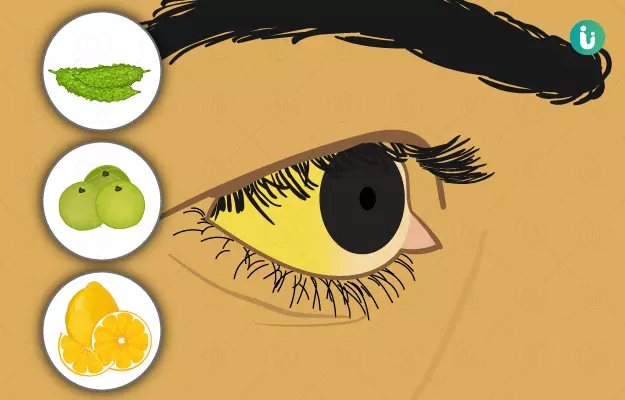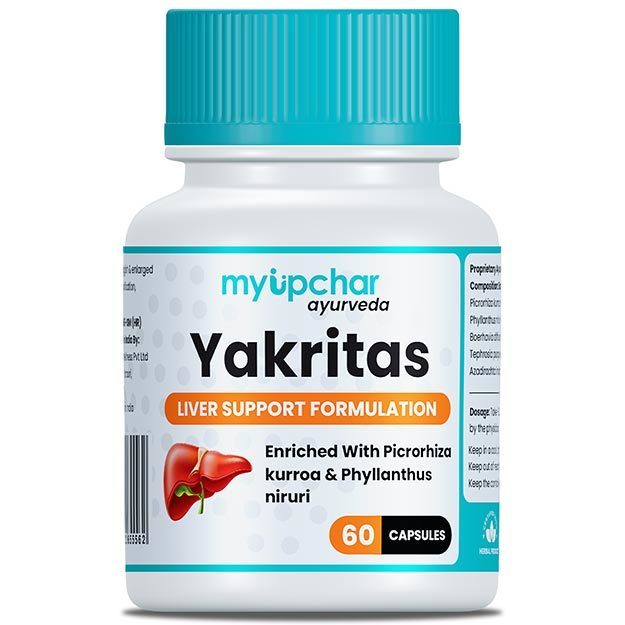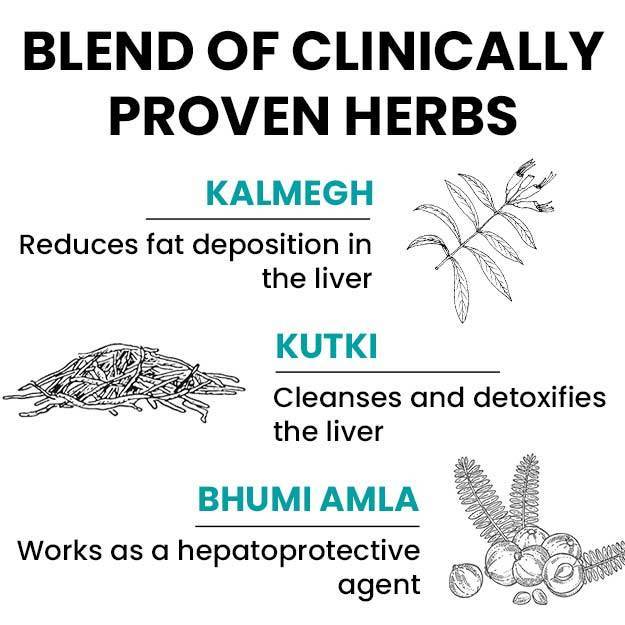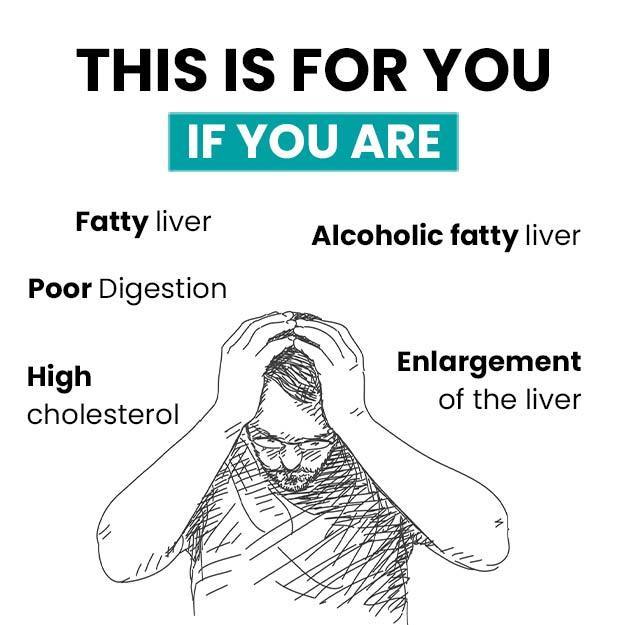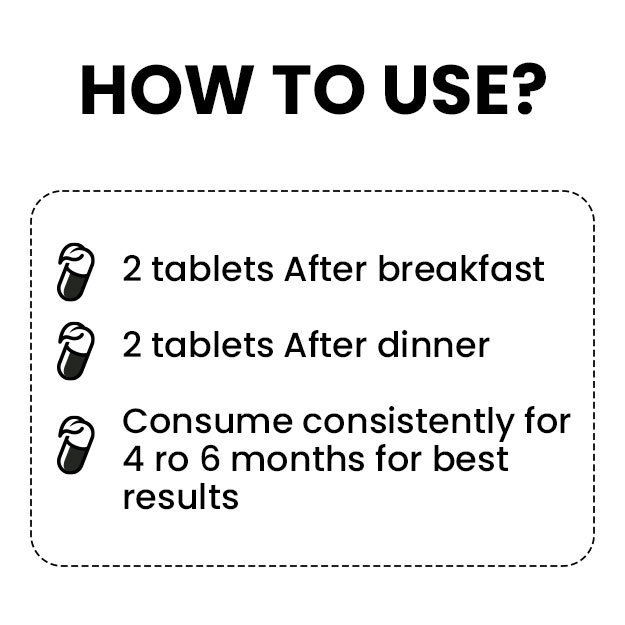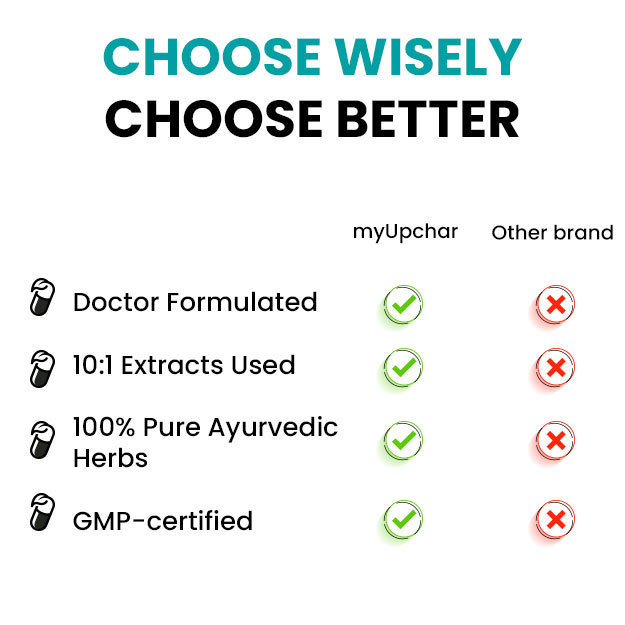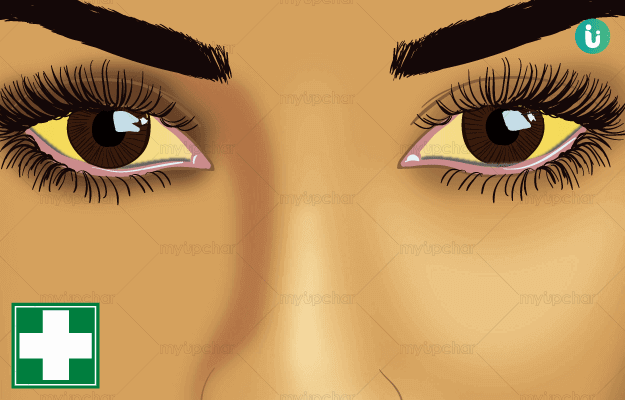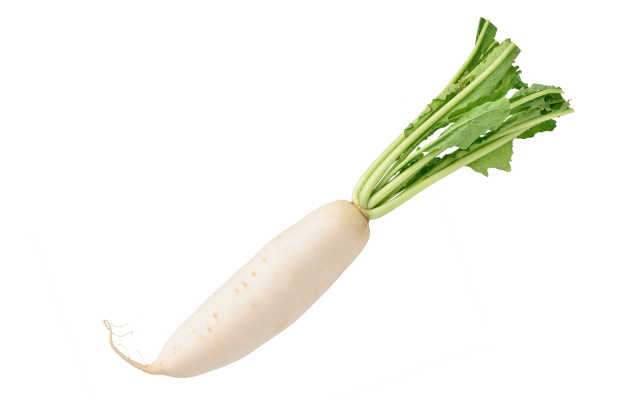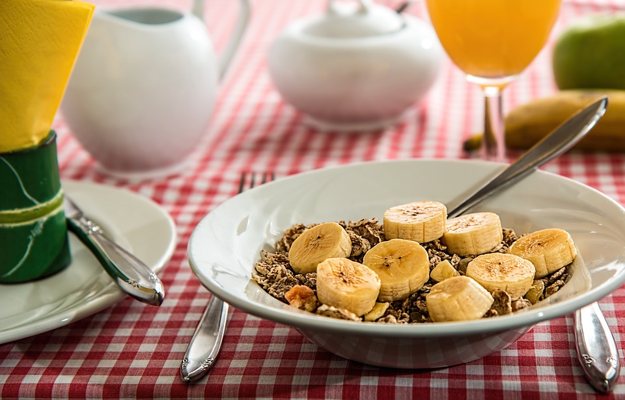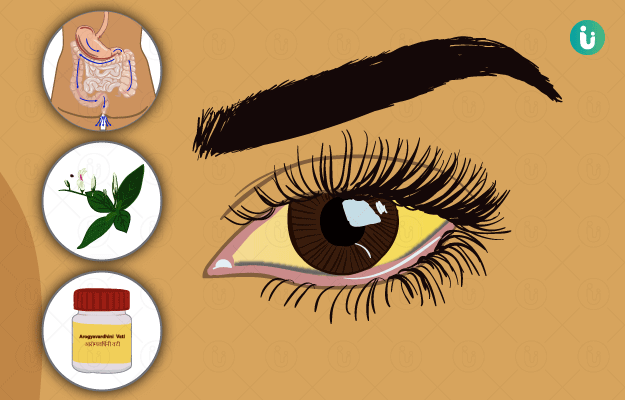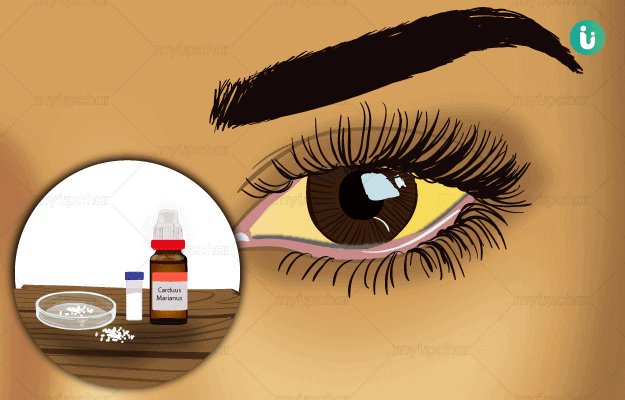The liver is one of the largest organs in the human body. It performs multiple important functions like producing bile for the absorption of nutrients in the small intestine, storing glycogen in the body, detoxifying the body and breaking down old red blood cells. This last process leads to the formation of a compound called bilirubin, which is normally excreted through faeces.
Jaundice occurs when the liver becomes damaged or is unable to expel the extra bilirubin from the body. The accumulated bilirubin then causes yellowing of eyes, skin and mucous membranes such as the gums.
So, jaundice is not a disease but a symptom of an underlying liver condition. If you have jaundice, it is best to check with a doctor to find out the underlying cause and get treated for it.
However, if you are already being treated for the condition, you can try some easy home remedies to promote your overall health and the health of your liver.

